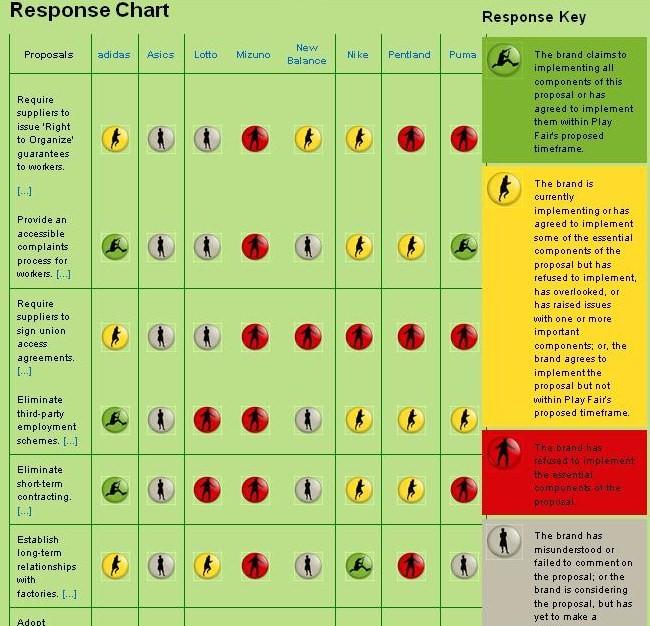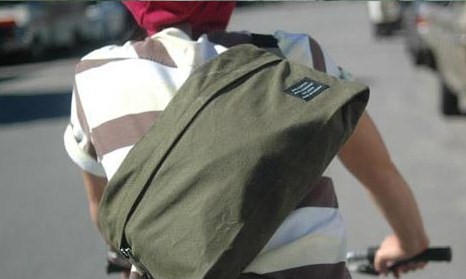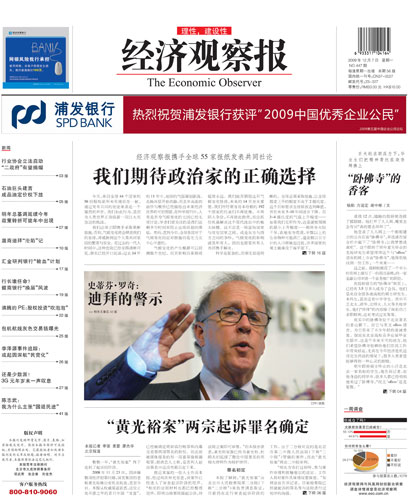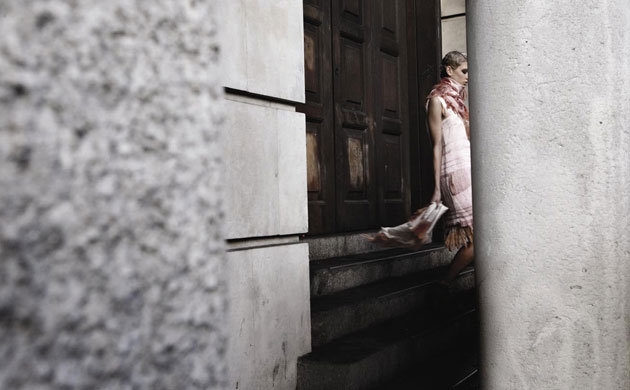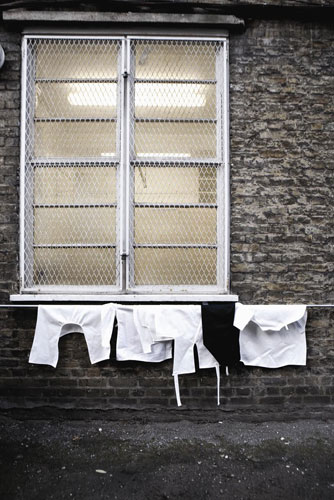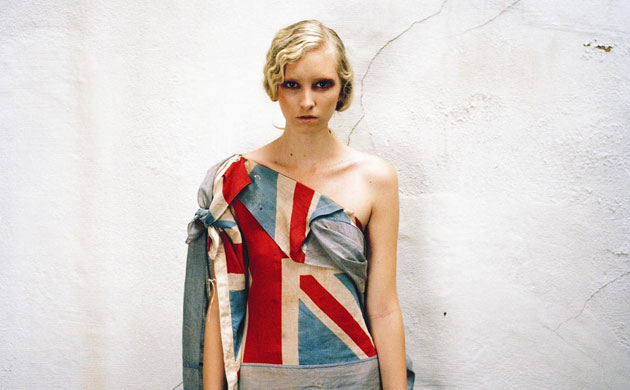Timo Rissanen offers a great post with his notes on ‘The Sustainability Equation: Ethics and Aesthetics in Contemporary Fashion’ and on the ‘Ethics and Aesthetics = Sustainable Fashion’ exhibit at Pratt on his personal blog “Timo Rissanen: Fashion Creation Without Fabric Waste Creation.”
Not to be confused with the Pratt exhibit, that runs until the 20th of February, the graduate students of the MA in Fashion and the Environment over at the London College of Fashion will host “[a]n informal evening called Ethics+Aesthetics = Sustainable Fashion, […] on Friday 12th February at the HUB” for Go Green Week 2010, along with other awareness campaigns such as a fashion swapshop and workshops.
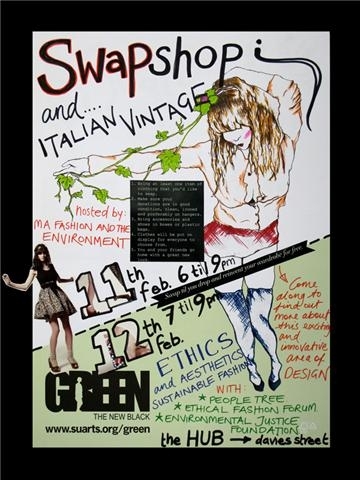 “Fashion is saving the world this week at the University of the Arts! The first UAL Go Green Week of 2010 at The University of the Arts is fast approaching, held the week of the 8th until the 12th February, and the students from the LCF course MA Fashion and the Environment, who are advocates of an ethical and sustainable fashion industry; based at the Centre for Sustainable Fashion, are raising awareness throughout the University of the exciting and innovative developments of sustainable design within the fashion and textile industries.
“Fashion is saving the world this week at the University of the Arts! The first UAL Go Green Week of 2010 at The University of the Arts is fast approaching, held the week of the 8th until the 12th February, and the students from the LCF course MA Fashion and the Environment, who are advocates of an ethical and sustainable fashion industry; based at the Centre for Sustainable Fashion, are raising awareness throughout the University of the exciting and innovative developments of sustainable design within the fashion and textile industries.
We have a couple of, what promise to be, exciting and informative events organised for Go Green week, in order to increase public consciousness of environmental issues that are becoming increasingly prominent of late in the industry. Over the course of the week, the Fashion and the Environment students are out to spread the word about what you and I can do to make our wardrobes greener, so to speak! Green is the new black, darling!
A Fashion Swapshop is organised for Thursday the 11th Feb, at the HUB, at the Davies Street between 6pm and 9pm. We are invited to search our wardrobes for garments we never wear, bring them along, and swap them for ones we will wear and love. The Swapshop is not the only focus of the evening, as it will also include speakers from textile recycling company TRAID who aim to protect the environment by diverting clothes from landfill, clothing customising workshops, and, for one night only in London, a vintage clothing stall all the way from Italy–Mercatino Michela.
An informal evening called Ethics+Aesthetics = Sustainable Fashion, will be held on Friday 12th February at the HUB, at the Davies Street between 7pm and 9pm (the bar will be open) introducing and exploring the diverse and innovative areas of sustainability within the Fashion and Textile Industry. This event will be personally hosted by MA Fashion and the Environment students from LCF in collaboration with the Centre for Sustainable Fashion. Open to all students from around the university , we are invited to come along to learn more and find out why this is such a vitally important area of contemporary design, ask questions and even get advice regarding sustainable design for our own projects. This evening promises a scintillating line up of from ethical clothing companies such as: People Tree, Ethical Fashion Forum and, Environmental Justice Foundation (also selling their t-shirts) who will be discussing the work they do to play an important role in a changing industry. The evening will also include a short film made by the MA Fashion and the Environment students, showcasing the variety of work and unique individual talents all working towards securing a more sustainable fashion future.”
More info at SU Arts University Student Union.
Source: CSF



